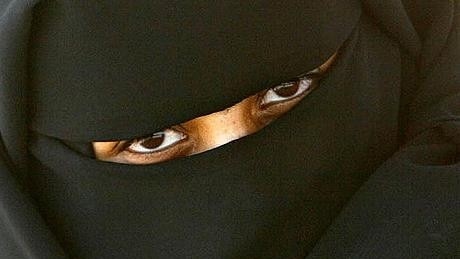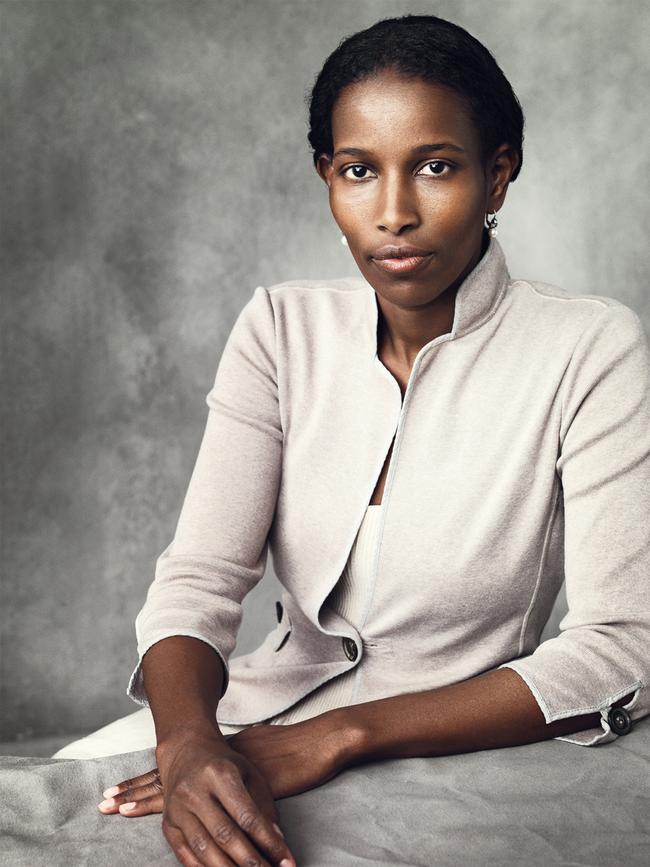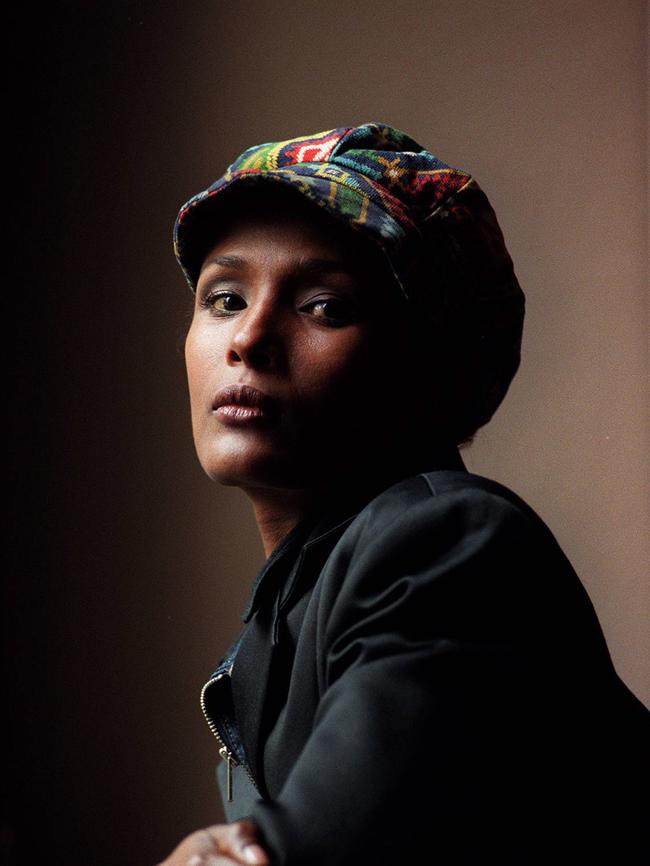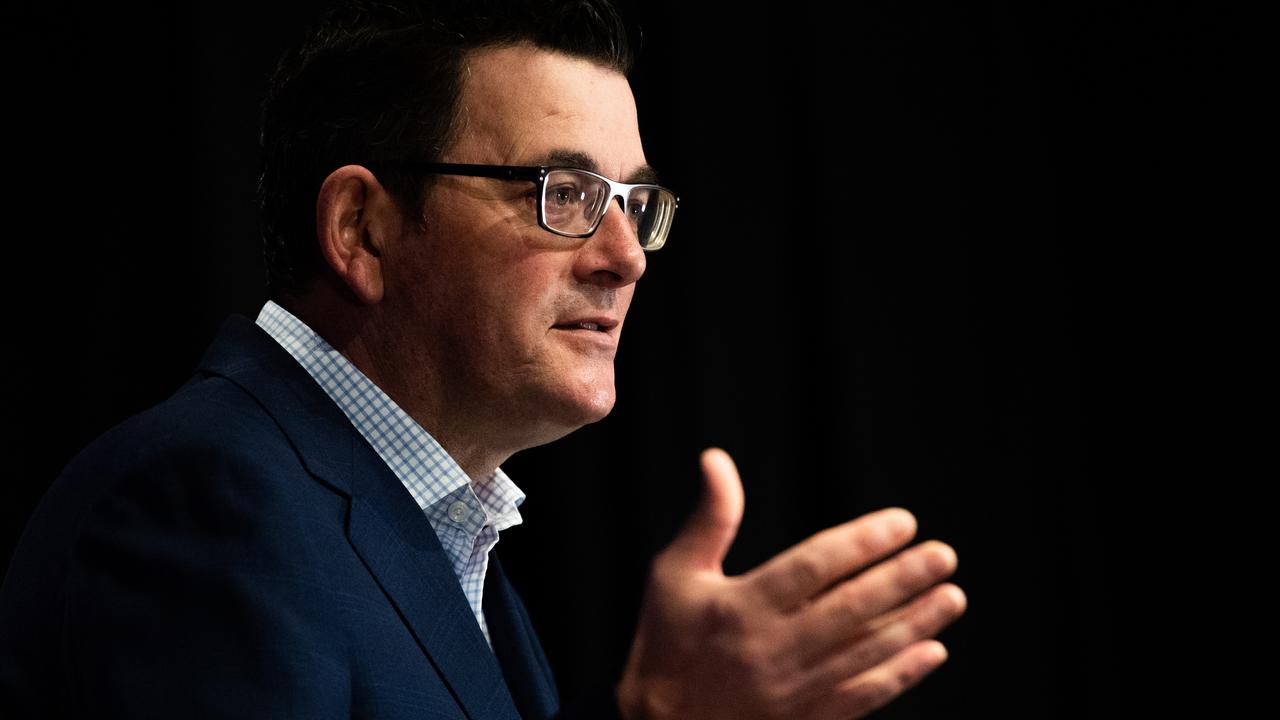Rita Panahi: We must end the brutal practice of FGM
Female genital mutilation is a barbaric act that Australia has imported. We cannot tolerate practices that are at odds with our Western values and basic decency, writes Rita Panahi.

Rita Panahi
Don't miss out on the headlines from Rita Panahi. Followed categories will be added to My News.
More than 53,000 women and girls living in Australia have suffered female genital mutilation.
Among the victims are hundreds of girls under the age of four, according to official figures released this month by the Australian Institute of Health and Welfare.
These are shameful statistics for a civilised country, though it’s a shame we have imported.
The overwhelming majority of FGM victims are mutilated before coming to Australia, but we must not forget that there are girls born and raised here who are also suffering this barbaric cruelty.
Some are cut here, while others are sent overseas to have the excruciating, irreversible procedure performed.
Last week a Queensland mum was found guilty in the Brisbane District Court of organising the mutilation of her daughters in Somalia. The girls were aged just nine and 12 when they were taken to the mother’s birth nation to suffer the same cruel procedure that was inflicted on her. It may be the first Australian FGM conviction that sticks after a landmark NSW case in 2015, which saw three convictions, was overturned on appeal last year.
Prosecutions and convictions are extremely rare. Most cases are never reported as another generation of girls suffers in silence.

Concerns about appearing racist or insensitive to cultural practices have undoubtedly hampered what is already a difficult crime to unearth given the age of some victims and also the propensity of girls to protect the parents responsible for their mutilation.
In the Queensland case the Department of Communities, Child Safety and Disability came under fire for returning the sisters to their parents’ care shortly after receiving specialist medical advice that the girls had part of their clitorises removed. The simple truth is that for a variety of reasons the majority of girls who are cut are never referred to child protection services or police.
But that doesn’t mean that the damage to their bodies is not being treated in Australia. The demand for medical assistance has been so great in Melbourne that the Royal Women’s Hospital in 2010 opened a dedicated clinic to help women deal with the long-term consequences and complications of FGM.
In Sydney, specialist staff have been hired at a number of hospitals, including Westmead and Blacktown Hospitals, to assist women who have endured FGM to give birth.
A report by the Australian paediatric surveillance unit released in 2017 showed that infant girls as young as five months old were having their genitals mutilated with one in five of the young girls observed having the most severe form of FGM where the clitoris and external genitalia is removed and opening sewed up.
It’s a trend that’s been observed in the UK, where the procedure is increasingly being performed on babies as it’s almost impossible to detect. The UK has long had a significant FGM issue but despite thousands of new cases every year the first conviction was only recorded this month with a mother of a three-year-old found guilty of mutilating her child.
British author and evolutionary biologist Richard Dawkins has called for greater checks to stamp out the “barbaric” religious and cultural practice.


“France has regular doctor checks for all under six — hence far more successful FGM prosecutions. In UK cultural sensitivity makes people reluctant to intervene,” he tweeted.
“Well to hell with cultural sensitivity. If your culture includes FGM, get a better culture.”
FGM is an attack against womanhood. It’s a crime that leaves victims with lifelong physical and psychological scars, but yet it’s an issue the bulk of feminists prefer to ignore.
There are high-profile exceptions, including women’s rights campaigner Ayaan Hirsi Ali and former model turned social activist Waris Dirie, both of whom suffered FGM in Somalia. Dirie wrote about having her genitalia butchered in her autobiography, Desert Flower, and runs a foundation by the same name devoted to eradicating FGM.
“People are willing to sacrifice little girls on the altar of identity politics,” Ali said. “It is very difficult for people to talk about other cultures and other religions, and the harmful practices that are done by minorities. And this is happening to minority little girls.”
The countries where FGM is most commonly performed are Muslim majority from Sudan to Egypt to Indonesia and Malaysia, but it’s as much a cultural practice as it is a religious one.
Ninety-eight per cent of Somalian females are subjected to FGM, according to UNICEF figures, so Australian authorities can be relatively confident that any migrant woman from Somalia is a victim and their daughters and granddaughters potential victims.
Sadly, all cultures are not equal.
Some have advanced to give individuals greater rights, freedoms and equality under the law while others appear centuries behind and in desperate need of enlightenment.
We cannot tolerate practices that are at odds with our Western values and basic decency.
Everything must be done to assist those new Australians who have had the misfortune of undergoing FGM and we must ensure that they are the last of their generation to suffer this backward, brutal practice.
Education programs are essential but on their own not enough to change deeply held beliefs and cultural practices.
There needs to be harsh penalties for anyone, including parents, guilty of inflicting this savagery on young girls.
RITA PANAHI IS A HERALD SUN COLUMNIST
rita.panahi@news.com.au


